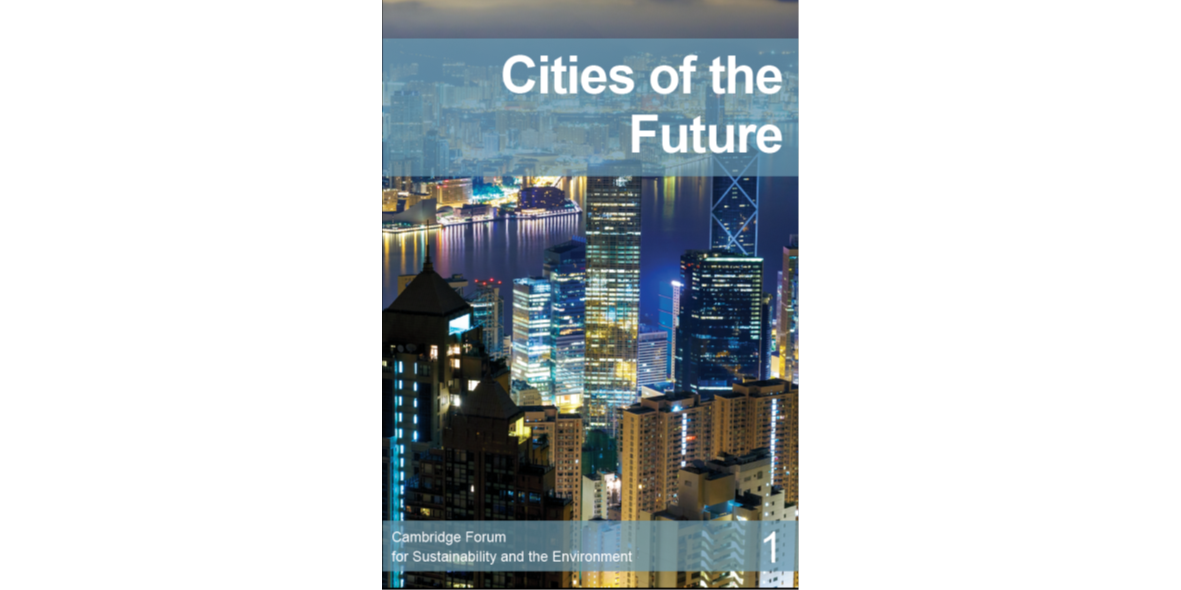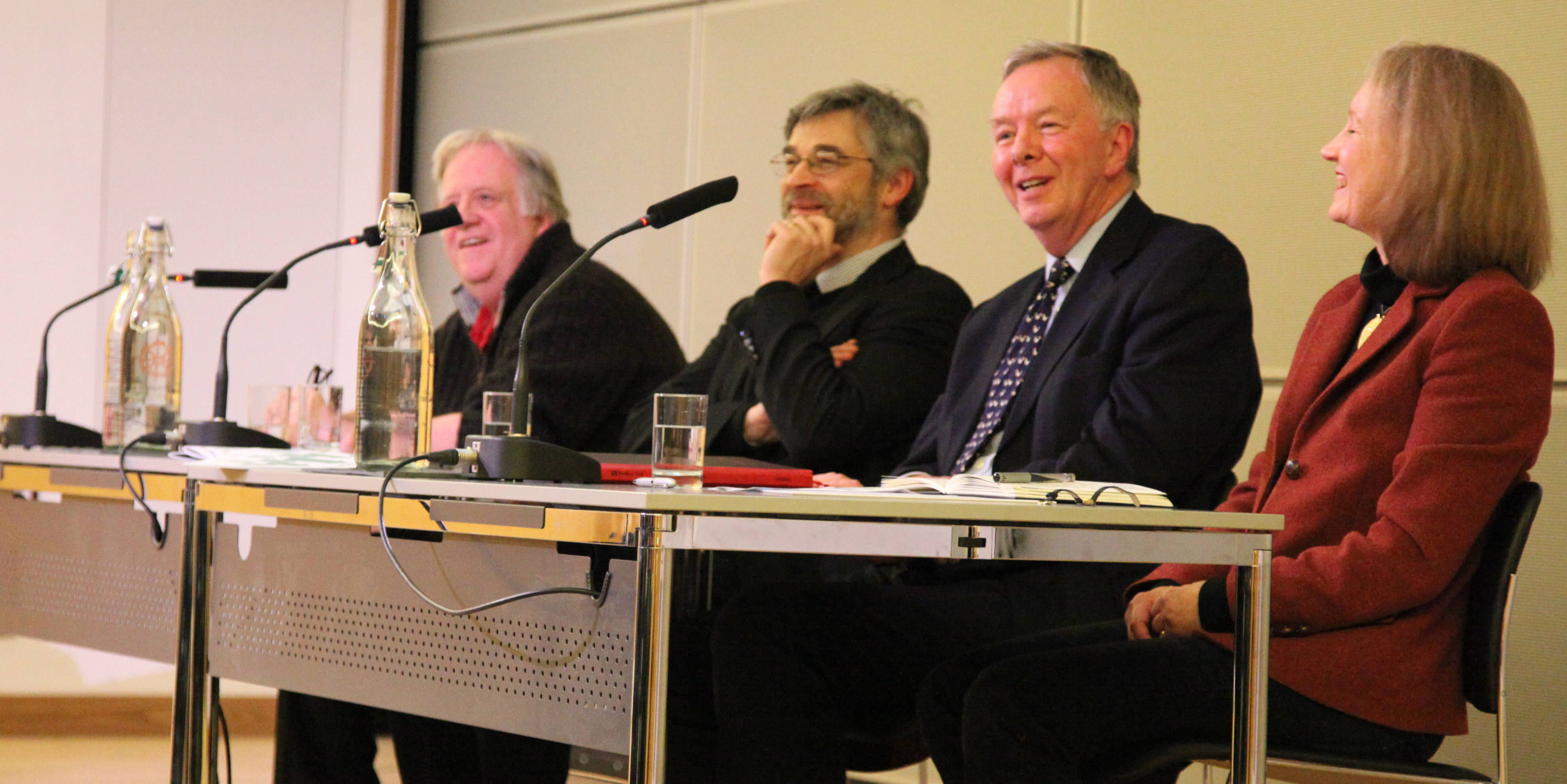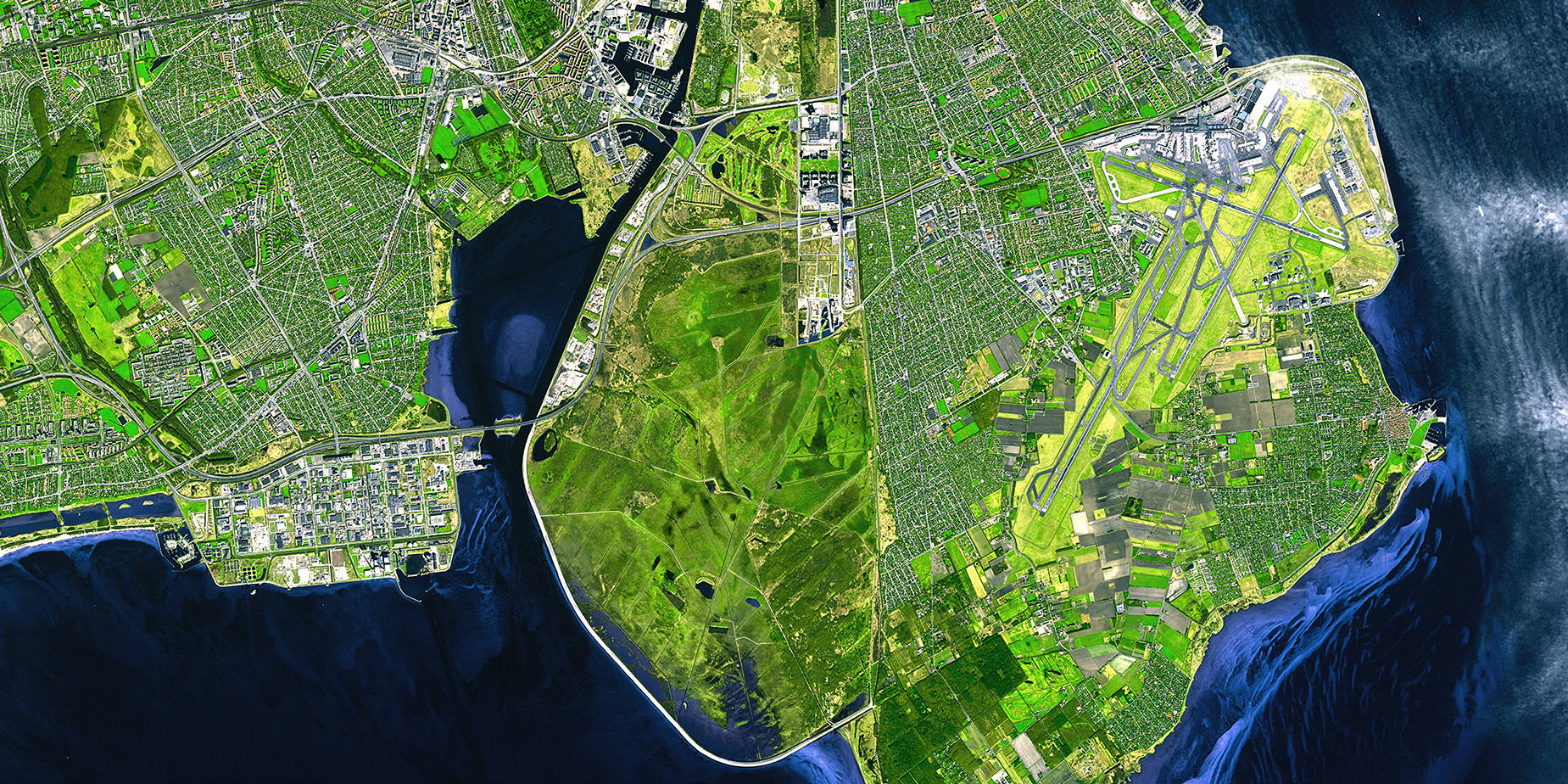
A rising population, increasing material expectations, conflicts, economic transitions and climatic changes are all reshaping how and where we live. So how do we respond?
Cities will become an increasingly important part of the answer to this question. In 2014, for the first time, more people lived in urban areas than in rural areas. This change has been rapid as in 1950, 30 per cent of the world’s population was urban, and by 2050, 66% of people are predicted to be urban. UN projections show that urbanization combined with the overall growth of the world’s population could add another 2.5 billion people to urban populations by 2050, with close to 90 percent of the increase concentrated in Asia and Africa.
Such rapid growth creates tremendous opportunities and also tremendous challenges. The potential exists in cities for vibrant communities, long-term environmental sustainability, efficient transport and excellent infrastructure. At the same time, there is also the potential for ever-increasing pollution, urban sprawl, high-carbon lifestyles and waste of resources.
Sustainable cities was the ideal topic for the Forum to explore first as it brings together social, biological and physical sciences as well as the arts and the humanities. Each month, a rich mixture of policy and decision makers from government and business, technical experts and researchers were invited to the Forum as expert witnesses and to provide their perspective on sustainable cities and the governance systems needed to support them.
Our report - ‘Cities of the Future’ - uses the discussions during these meetings and the testimonies of the witnesses to explore future research questions related to three areas: where we live, how we live in cities, and how cities respond to change. Our aim is to ask questions and in doing so, we hope that this report will open up new research avenues for us all to explore in the future.
Six core research challenges
Our discussions identified six core challenges to current knowledge that will require not only new research, but also new research directions, new ways of conceptualising the challenges and a generation of scholars trained at the interface of environmental, economic and social sustainability.
A global effort of comparative analysis to compare and contrast the performance of cities across an array of indicators. Such a rich database would allow something akin to structural factors analysis to identify the aspects of size, form and design of cities that are most influential for these indicators, as well as the context within which the effects are expected.
To improve our understanding of how the scale, location and design of green and blue spaces can deliver services to cities and to surrounding landscapes. A mantra of ‘the larger, the better’ ignores pressures to create more housing and the impacts on land values.
To create ICT (Information and Communication Technology) enabled sensor and data systems that improve sustainability by both making significant changes to existing ways of collecting and analysing data and by mobilising social action based on those data.
To enable smooth transitions between bottom-up and top-down decisions in governance: allowing bottom-up solutions where they are effective and top-down solutions where they are needed.
To design cities which can be utilised as living laboratories for experimentation: identifying parts of the city where experiments can be conducted and which have systems to monitor and assess the results of the experiments and the governance structures that respond to the results.
To establish a ‘good enough’ principle that is as robust as the precautionary principle, which would involve specifying this concept precisely in terms of engineering, finance and planning and designing a system of monitoring ‘good enough’ solutions so when they fail, they do so with forewarning.
Our report
The ‘Cities of the Future’ report explores six themes related to each of these research challenges. Each chapter is framed by an overarching question and begins by posing three further questions for which answers are poorly developed at the moment. The gaps and the ‘wicked problems’ people identified during the Forum meetings are then used to explore future research pathways in more detail. Boxes provide specific examples given by the witnesses and Forum members. Each section then concludes with a succinct statement outlining ‘The research challenge on the horizon’.
The testimonies of the witnesses and the conclusions drawn are necessarily qualitative and personal, as is the nature of such discussions at the edge of knowledge. They are built on the collective experience of the Forum’s participants, framing questions in different ways.
The aim of the Forum is to generate new questions and to find ways in which research across and between different disciplines can help us to explore the ‘unknown unknowns’. Our hope is therefore that this report will stimulate new conversations between the worlds of academia, policy and industry and bring fresh ideas and perspectives in order to help to research, prepare for and address the challenges that cities face in the future.
Report Editors: Professor Paul Linden, Professor Doug Crawford-Brown, Dr Rosamunde Almond, Simon Patterson and Dr Elizabeth Tyler
CFSE topic leads: Professor Paul Linden, Professor Doug Crawford-Brown, Professor Koen Steemers and Professor Peter Guthrie
Report layout, design and illustration: Marylis Ramos
Acknowledgements
We would like to thank everyone who took part in Forum meetings over the course of the year, especially the expert witnesses and guests who joined us from across and outside Cambridge and who contributed their time, knowledge and expertise to these discussions:
Witnesses: Professor Alan Short, Professor Sir Alan Wilson, Alex Nickson, Professor Ash Amin, Dr Britt Baillie, Carmel McQuaid, Professor Catharine Ward Thompson, Dr Craig Davies, Dr David Ogilvie, Dr David Pencheon, Diane Haigh, Dr Felipe Hernández, Dame Fiona Reynolds, Professor Frank Kelly, Jo da Silva, Jon Alexander, Kirsten Henson, Professor Lawrence Sherman, Lawrie Robertson, Professor Marcial Echenique, Mark Kleinman, Professor Mike Batty, Professor Richard Sennett, Simon Marsh, Stephen Aldridge and Professor Steve Evans.
Guests Professor Alison Smith, Professor Charlie Kennel, Dr Claire Craig, Darren Ferry, David Hart, Dr Deborah Pullen, Ed Barsley, Eleri Jones, Dr Felipe Hernández, Dr Heather Cruickshank, Hywel Lloyd, Jamie Anderson, Professor Lynn Gladden, Mark Dowson, Max Sternberg, Mike Ratterman, Dr Peter Hedges, Richard Morris, Stijn van Ewijk, Dr Wendy Pullan and Dr Ying Jin
Partners: This topic was carried out in partnership with the Cambridge Centre for Science and Policy under their Policy Challenges Programme.
If you would like more information about Forum meetings or this report, please contact Dr Rosamunde Almond (r.almond@damtp.cam.ac.uk).






